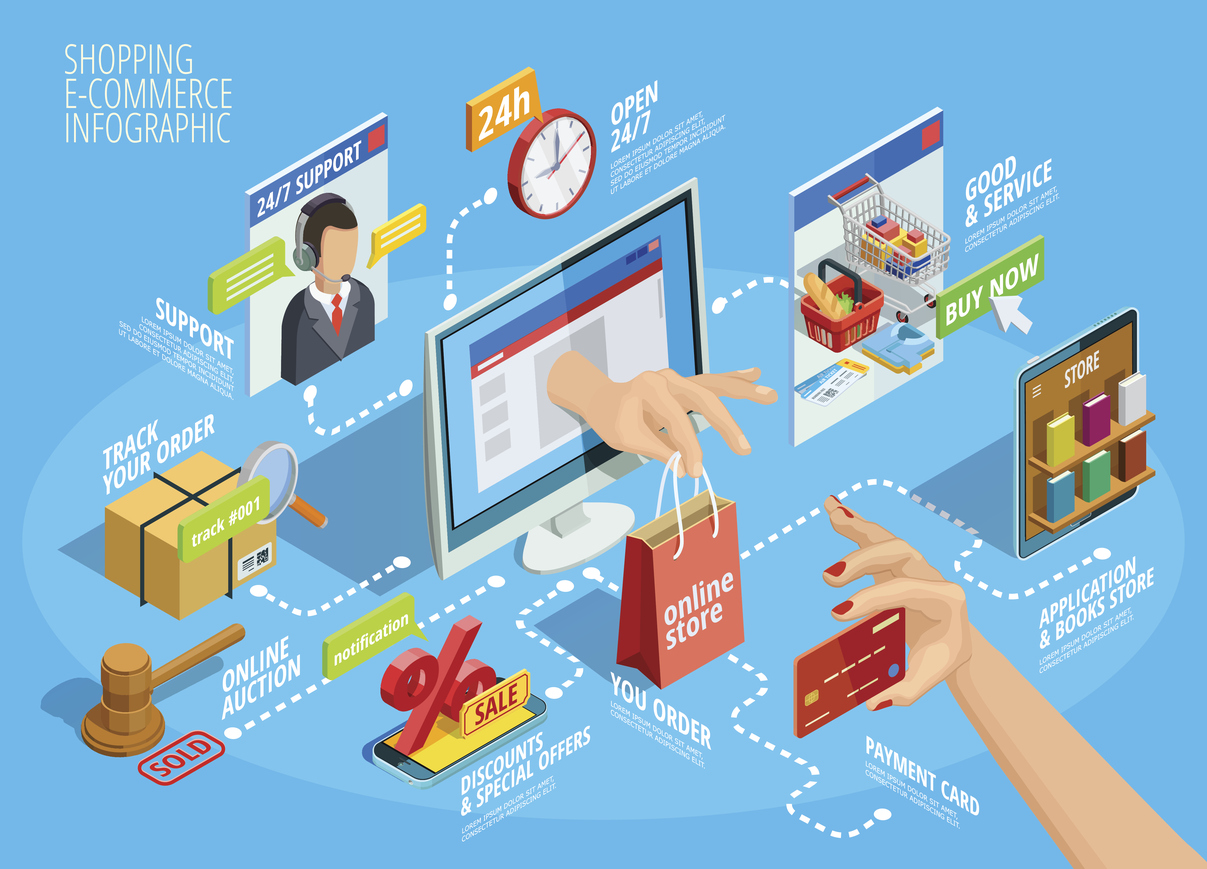
Most Ohio businesses that either sell a product or provide a service are responsible for collecting and remitting Ohio sales tax. For some businesses, this obligation has not changed significantly over the years because their product is a tangible one that has largely remained the same and the sale takes place at one business address. For many other sellers, however, the evolution of internet shopping, providing a variety of electronic goods and services, and determining how to source sales requires almost constant attention to Ohio sales tax laws and the laws of other states in which the seller does business, as these laws continually evolve.
Some issues of particular importance for Ohio sellers are:
- Cloud Computing Services – There are three main categories of “cloud computing services”: Infrastructure as a Service (“IaaS”), Platform as a Service (“PaaS”), and Software as a Service (“SaaS”). All of these are likely to be subject to sales tax in Ohio when the recipient of the benefit of the service is located in Ohio. As many businesses continue to expand their offerings of cloud based services, it is critical to determine whether or not the particular service is taxable, to where it is taxable, and whether or not the seller has an obligation to collect and remit sales tax.
- Sourcing Sales – Once a seller has determined that it is making taxable sales and that it has an obligation to collect sales tax, the question then becomes “what local jurisdiction’s tax rate applies?” For sales where there is one business location to which the buyer arrives and purchases a tangible item, the answer is simple- the sales tax rate of the county (in Ohio) in which the business is located is the appropriate source of the sale. This analysis quickly becomes more complicated if the seller delivers goods, takes online orders, ships out of state, and a myriad other considerations. As businesses increase the availability of their products to consumers, it is wise to evaluate any corresponding sales tax obligations.
- Nexus – This is a term that refers to whether or not a seller has sufficient ‘contact’ with a particular state to obligate it to collect and remit that state’s sales tax. The tricky part of this analysis is that the rules are continuously in flux and state tax departments are seeking to include more and more out-of-state sellers in their own sales tax scheme. Any business that sells products or services out of state must review its levels of contact with each state in order to determine whether or not it should be collecting and remitting that state’s sales tax. At least one state (Colorado) has imposed certain reporting obligations on some sellers that have no connection to the state other than sales made to its residents.
Any seller that does not make a regular practice of reviewing its sales tax obligations, whether in Ohio or in other states, risks non-compliance with applicable laws. Please contact one of our business attorneys should you desire assistance with specific sales tax questions pertaining to your business.





0 Comments